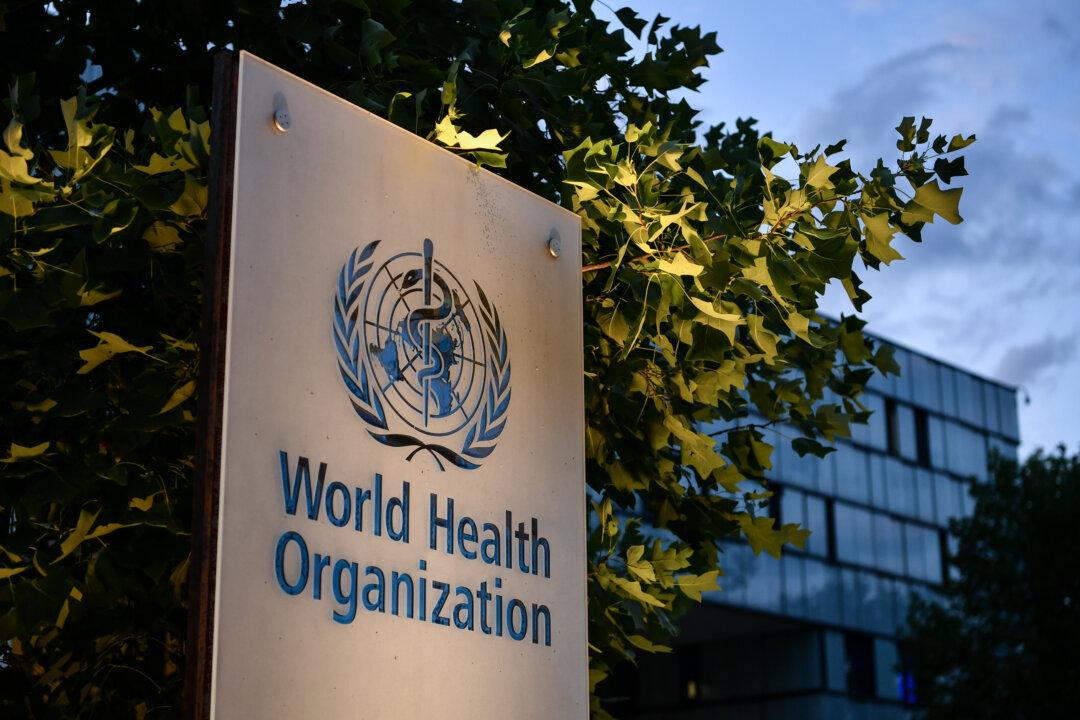Analysis
The World Health Assembly (WHA), the governing body of the World Health Organisation (WHO), met for its annual meeting in Geneva from 21 to 30 May this year.

The World Health Assembly (WHA), the governing body of the World Health Organisation (WHO), met for its annual meeting in Geneva from 21 to 30 May this year.